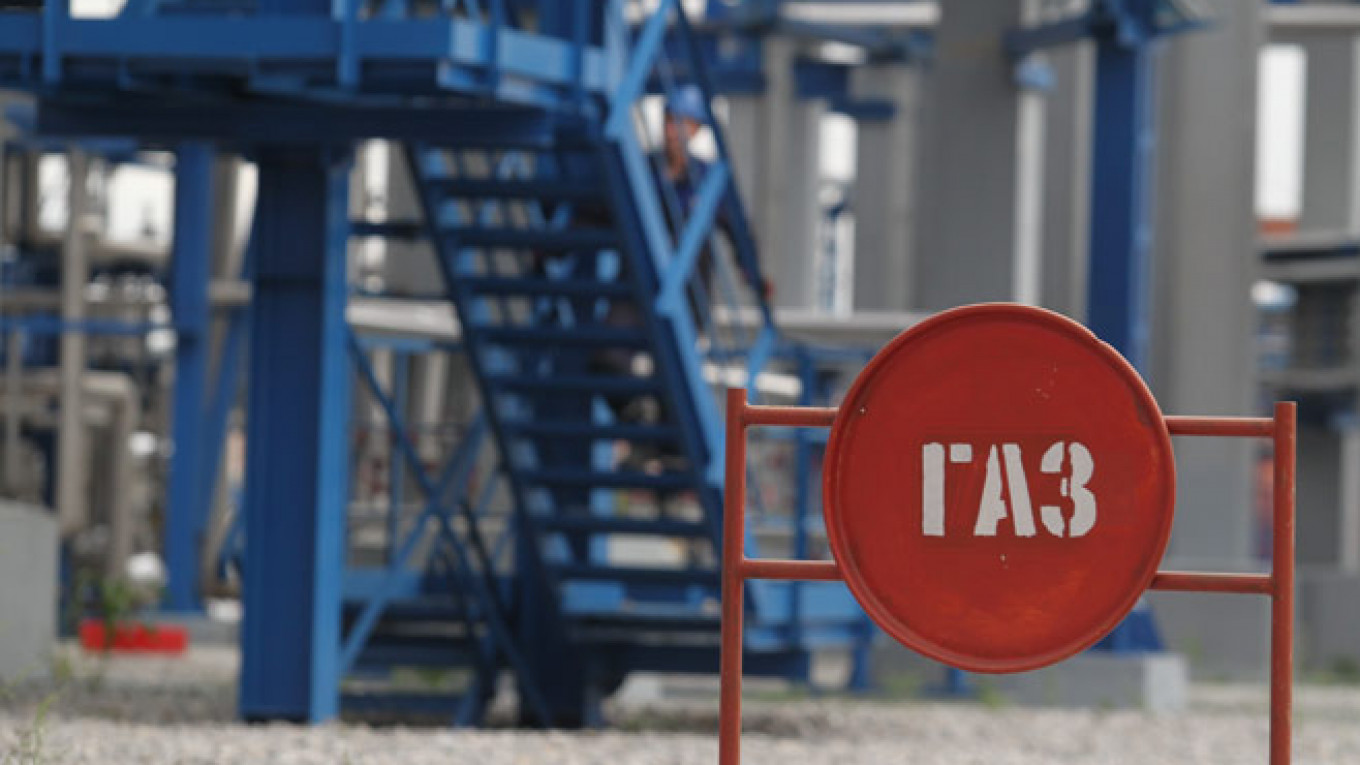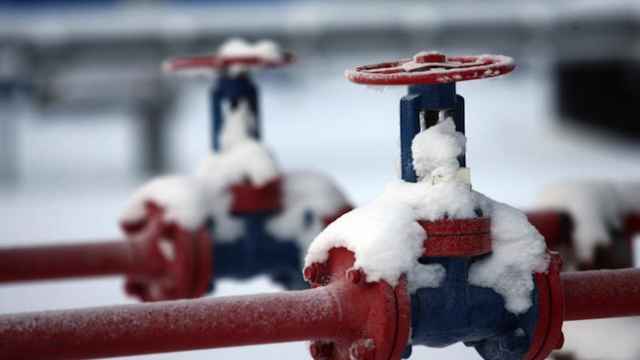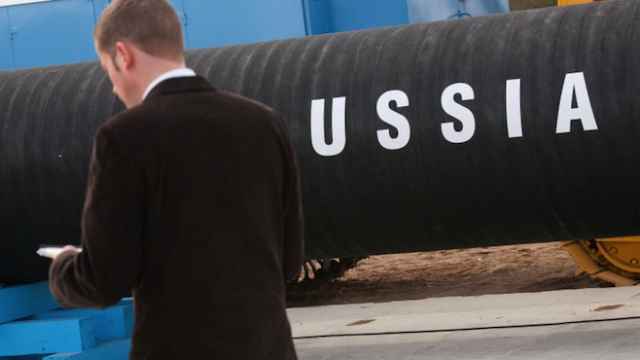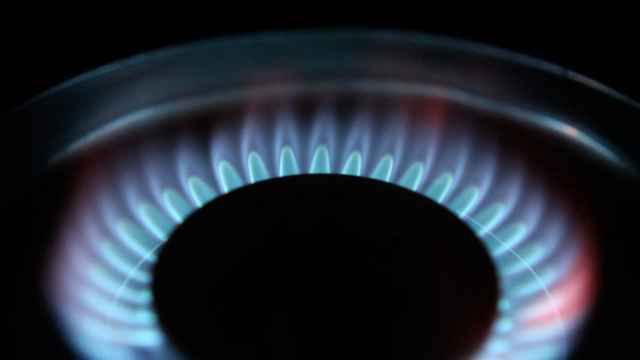Ukraine has not bought gas from Russia since July because of a long-running price dispute. Talks last week led to a tentative agreement on supplies for the winter period, but the deal has not yet been signed.
On Saturday, Russia's energy minister said Ukraine would pay around $230 per thousand cubic meters for gas from Russia in the fourth quarter, including a discount.
However, when asked at a briefing if Ukraine would pay $230 or $228 per thousand cubic meters for supplies from Russia, Demchyshyn pointed downwards, indicating the price would be lower.
He declined to name the exact price, but said that Ukrainian state energy firm Naftogaz planned to buy 2.2 billion cubic meters (bcm) of Russian gas for $500 million.
This amounts to around $227 per thousand cubic meters, according to Reuters calculations.
Demchyshyn also said that the price could fall by a further five percent in the first quarter of 2016 due to a slump in global oil prices.
According to the 2009 gas deal with Gazprom, the gas price for Ukraine is defined every quarter and depends on the price for oil and oil products.
"We expect that [the gas price] in the first quarter [of 2016] will be even lower. We expect that the price from European partners [for Ukraine] will go down," Demchyshyn said.
He said that Ukraine would continue to purchase gas from the European Union even after it signed a new deal with Russia.
Tensions between Russia, Europe's biggest gas supplier, and Ukraine, the main transit route to the EU, have been high since Moscow's seizure of Crimea in March 2014.
Ukraine halted gas imports from Russia in July after the two sides failed to agree a gas price for the third quarter. Since then Kiev has imported gas via reverse flows from the EU, mostly from Slovakia.
According to transport monopoly Ukrtransgaz, Ukraine had accumulated 15.5 bcm of gas in underground storage as of Sept. 28.
Ukraine has said it needs to have stored 19 bcm of gas to safeguard its own supply in winter as well as to ensure there are no disruptions to the transit of Russian gas across the country to Europe.
The EU receives about 40 percent of its Russian gas imports via Ukraine.A Message from The Moscow Times:
Dear readers,
We are facing unprecedented challenges. Russia's Prosecutor General's Office has designated The Moscow Times as an "undesirable" organization, criminalizing our work and putting our staff at risk of prosecution. This follows our earlier unjust labeling as a "foreign agent."
These actions are direct attempts to silence independent journalism in Russia. The authorities claim our work "discredits the decisions of the Russian leadership." We see things differently: we strive to provide accurate, unbiased reporting on Russia.
We, the journalists of The Moscow Times, refuse to be silenced. But to continue our work, we need your help.
Your support, no matter how small, makes a world of difference. If you can, please support us monthly starting from just $2. It's quick to set up, and every contribution makes a significant impact.
By supporting The Moscow Times, you're defending open, independent journalism in the face of repression. Thank you for standing with us.
Remind me later.






